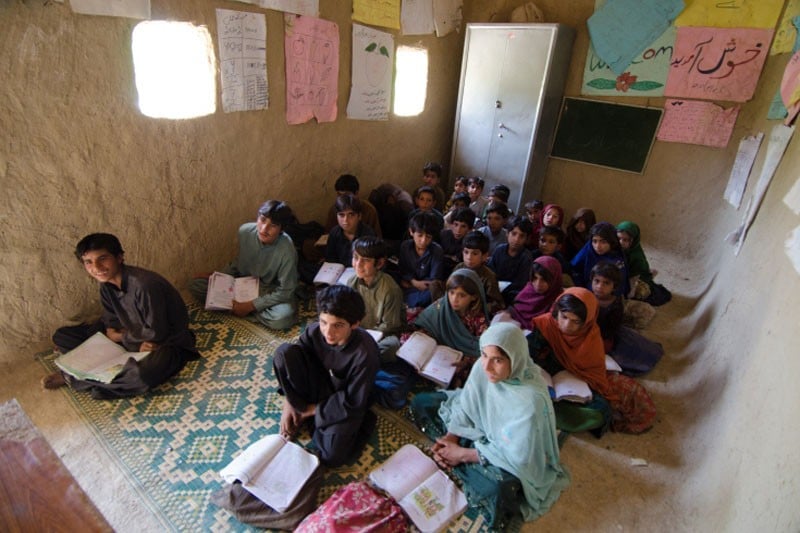
NOCs and security considerations are making it more difficult for the INGOs to work in Balochistan

In September 2013, a deadly earthquake struck Awaran district of Balochistan province, killing more than 500 people and leaving thousands of people displaced. About 90 per cent buildings in the area collapsed. At that time, the government barred a majority of UN agencies and International relief organisations from carrying out relief activities in the quake-hit areas.
Dr Abdul Malik Baloch, Chief Minister Balochistan told the media in the first week of October 2013 that he had sent a letter to the federal government seeking permission to issue ‘no objection certificate’ (NOC) to UN agencies and international aid organisations to carry out relief and rehabilitation work in the earthquake-affected areas.
The federal government did not entertain his request and, according to media reports, the then chief secretary of Balochistan did not issue an NOC to international NGOs despite the directives of the chief minister.
The religious organisations, like Jamaat-e-Islami’s welfare wing and Jamat-ud-Dawa’s welfare wings, on the other hand, were allowed to carry out relief work in the Awaran district.
In September 2012, Naseerabad and Jafferabad districts of Balochistan were badly hit by floods but the then PPP-led provincial government denied NOCs to NGOs to work in the area. Similarly, in 2007, Balochistan was hit by floods and the then chief minister Jam Yousuf’s government denied issuing NOCs to most of the INGOs.
"Balochistan has always been a problem area for NGOs," says an Islamabad-based senior official of an INGO who does not want to be identified.
Besides NOCs, security situation in the provinces discourages most NGOs. "The security and administrative costs in Balochistan are too much to bear for most of the INGOs. If the donors cannot go to the project area to monitor implementation, they are not interested in pumping money in such areas," he says.
Most of the INGOs have already withdrawn their foreign staff from the province after the beheading of a doctor, a UK national, of the International Committee of the Red Cross (ICRC) in April 2012 in Quetta. The ICRC ended most of its aid programmes in the province and recalled its foreign staff to Islamabad. In October 2011, eight local employees of the American Refugee Committee (ARC) kidnapped in Pishin district were reportedly released after payment of a hefty ransom.
Save the Children was also running some projects in Balochistan. The organisation has announced closing down all projects in the province by June 30, 2015. "We will focus more on Punjab and Sindh provinces from now on. Agencies are not happy with our working in Balochistan," a senior official of the organisation tells TNS.
INGOs face other issues like unavailability of trained staff and experienced local partners to implement the projects. "It raises alarm bells among security agencies as soon as an INGO applies for an NOC to implement a project in Balochistan. They have the most crucial role in issuing NOCs to INGOs in Pakistan. Applying an NOC for Balochistan is like coming on the radar of the security agencies," says a senior official of an INGO who wants to remain unnamed.
Security officials say they suspect work of many INGO in areas like Balochistan. "We have to closely watch the activities of staff of NGOs in areas like Balochistan," says a security official who is involved in scrutiny of activities of INGOs in the country. He, too, does not want to be named.
Dr Ishaq Baloch, chief minister Balochistan’s coordinator for Policy Reform Unit says that the issuance of NOCs to INGOs is an issue, "State departments have their reservations on the working but INGOs also show little interest in working in Balochistan." He says that Balochistan’s share is almost nil in the projects INGOs worth billions of rupees. "We do want INGOs to come to this province," he says.